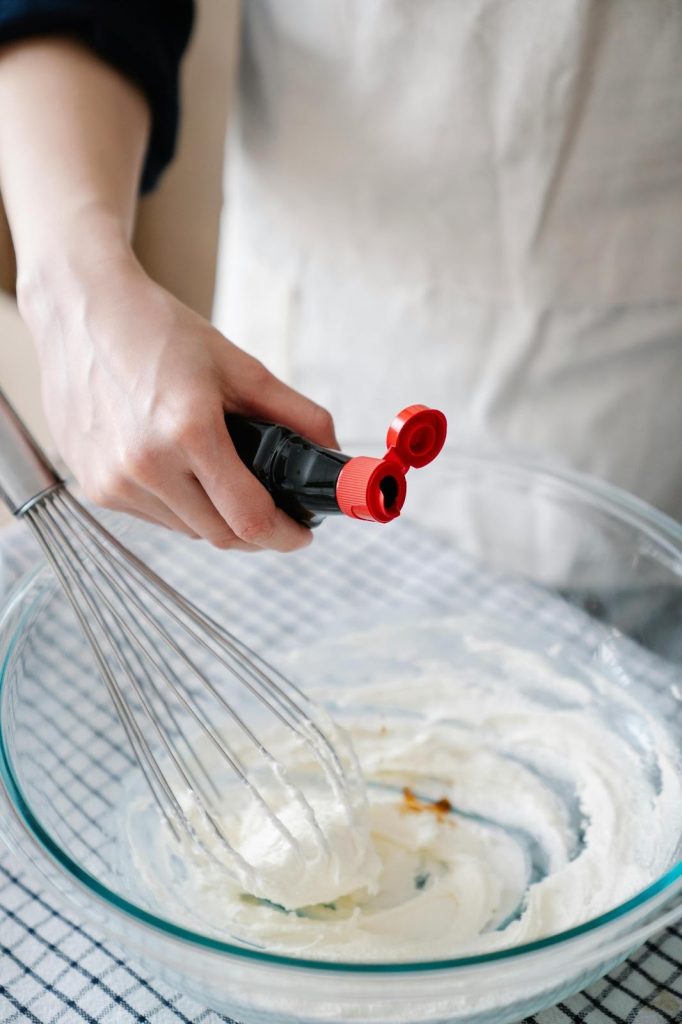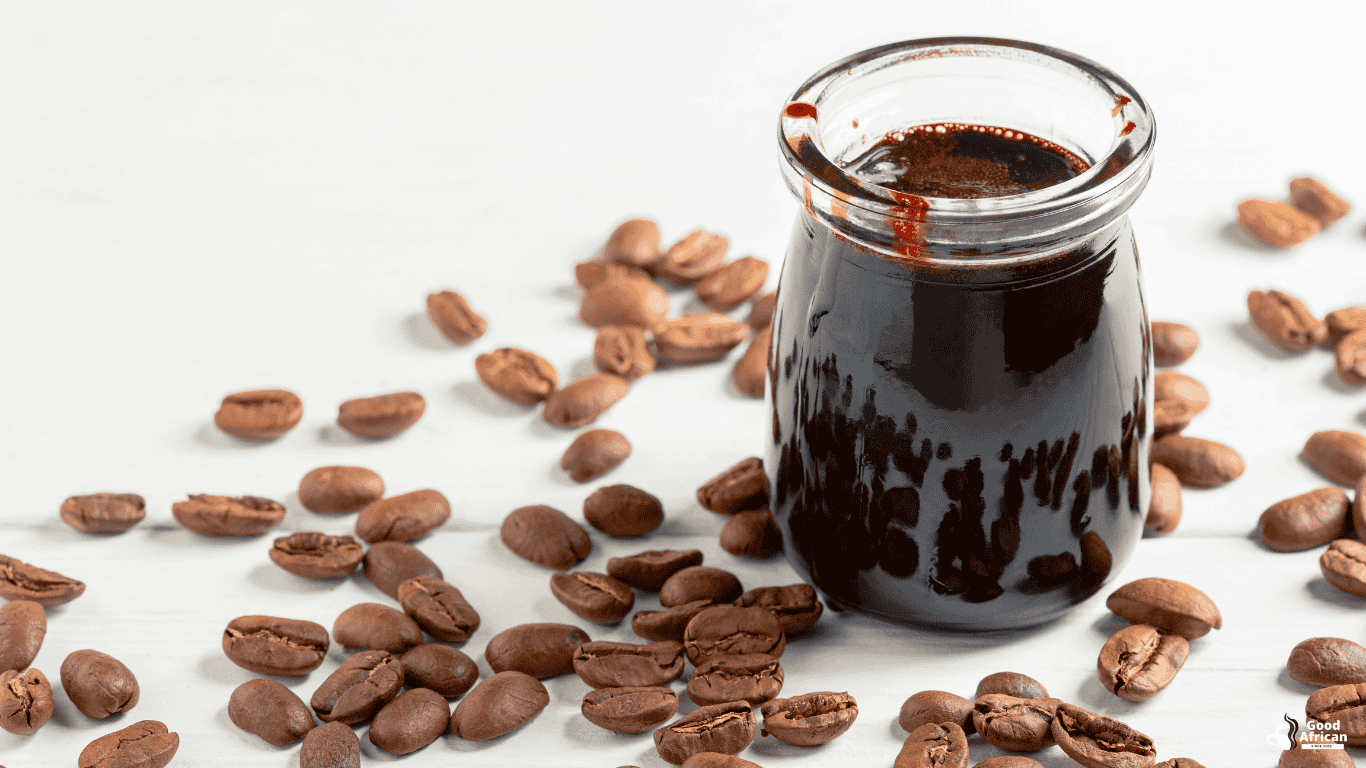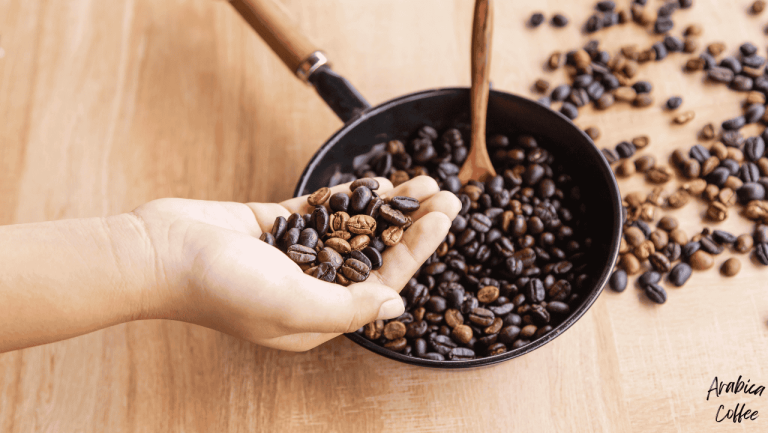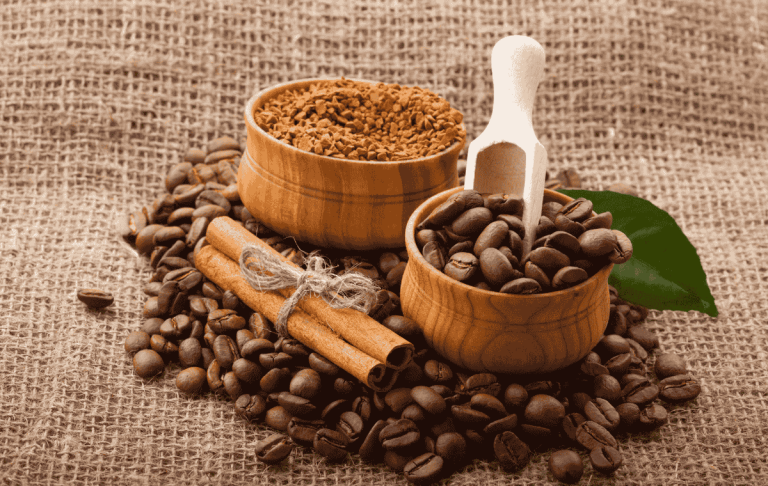You might have heard about coffee extract in your favorite drinks, beauty products, or even as a dietary supplement. But does coffee extract have caffeine? And what makes it such a popular ingredient?
In this article, we’ll explore coffee extract, discuss whether it contains caffeine, and explore how it can be used effectively.
What is Coffee Extract?

Coffee extract is derived from coffee beans, typically roasted beans, though some varieties use green, unroasted beans. The process involves soaking the beans in a solvent like water or alcohol and drawing out compounds that create a concentrated liquid or powder form.
This extract captures the rich, deep essence of coffee which is often used for flavor, aroma, or as a health supplement.
Does Coffee Extract Have Caffeine?
The short answer is yes, coffee extract does contain caffeine. However, the caffeine content varies depending on the type of extract and how it’s processed. Let’s break it down:
- Pure Coffee Extract:
Generally high in caffeine because it retains most of the natural components found in coffee beans.
- Decaffeinated Coffee Extract:
Contains little to no caffeine, as the caffeine is removed during processing, making it ideal for those avoiding caffeine.
- Green Coffee Bean Extract:
Known for its lower caffeine content compared to roasted bean extracts, but still contains some caffeine, as well as high levels of chlorogenic acid, which has its health benefits.
How Much Caffeine is in Coffee Extract?
The caffeine content in coffee extract can vary widely. For example, pure coffee extract may contain around 40-50 mg of caffeine per teaspoon, depending on the concentration. By comparison, green coffee bean extract typically has less caffeine, around 20 mg per dose, though this can also vary by brand.
Pro Tip: Always check the product label for caffeine content if you’re sensitive to caffeine or managing your intake.
Health Benefits of Coffee Extract
Coffee extract is more than just a caffeine boost. Here are a few reasons why people incorporate it into their routine:
- Antioxidant Power
Coffee is a rich source of antioxidants, specifically polyphenols, which can help reduce oxidative stress and inflammation. These antioxidants combat free radicals, which are linked to aging and various health conditions.
- Energy and Focus
As a natural source of caffeine, coffee extract can help increase alertness and reduce fatigue. Whether you need to power through a workout or stay focused at work, a moderate amount of caffeine can provide that mental and physical boost.
- Weight Management
Studies suggest that chlorogenic acid found in green coffee bean extract may support weight loss by reducing fat absorption and regulating blood sugar levels. Combined with caffeine, which may slightly boost metabolism, coffee extract can be a helpful addition to a weight management routine.
- Skin Benefits
Coffee extract is commonly found in skincare products for its anti-inflammatory and antioxidant properties. It can help reduce redness, tighten skin, and combat signs of aging, making it a popular ingredient in serums and creams.
- Heart Health
Regular coffee consumption has been linked to improved heart health, and coffee extract may offer similar benefits. Antioxidants found in coffee may support cardiovascular health by reducing inflammation and improving blood vessel function.
How to Use Coffee Extract in Your Routine
There are various ways to incorporate coffee extract into your daily life, depending on your preferences and needs:
- Beverages:
Add a few drops of coffee extract to water, smoothies, or shakes for a quick caffeine kick.
- Baking and Cooking:

Coffee extract can enhance the flavor of desserts, sauces, and marinades, adding depth and richness without the need for brewed coffee.
- Skincare:
Look for skincare products with coffee extract for an antioxidant boost or use a DIY coffee-infused oil for a natural skincare treatment.
- Supplements:
Green coffee bean extract is available in capsules, making it easy to incorporate into your supplement routine if you’re looking for potential weight management and heart health benefits.
Choosing the Right Coffee Extract
When selecting a coffee extract, consider the following factors to make the best choice:
- Caffeine Content:
If you’re sensitive to caffeine, opt for a decaffeinated coffee extract. If you’re looking for an energy boost, check the caffeine levels listed on the product.
- Source and Quality:
Look for high-quality, natural extracts. Organic options are available and often use fewer chemicals, providing a purer extract.
- Form of Extract:
Based on how you plan to use it, decide whether you prefer a liquid, powder, or capsule form.
Learn to make coffee extract at home with this handy recipe.
FAQs
Does coffee extract contain caffeine?
Yes, coffee extract typically contains caffeine, though the exact amount varies depending on the type of coffee extract. Decaffeinated options are available if you’d like to avoid caffeine.
Is coffee extract the same as coffee?
No, coffee extract is a concentrated form of coffee made by soaking coffee beans in a solvent. It captures the essence of coffee without being a brewed beverage.
Can coffee extract help with weight loss?
Green coffee bean extract has been linked to potential weight management benefits due to chlorogenic acid. However, more research is needed to fully understand its effectiveness.
What’s the difference between pure coffee extract and green coffee bean extract?
Pure coffee extract is often made from roasted beans and has a stronger flavor and higher caffeine content. Green coffee bean extract is made from unroasted beans, has a milder flavor, and contains less caffeine.
Is coffee extract safe to use daily?
Yes, in moderate amounts, coffee extract can be used daily. However, consider your caffeine tolerance and consult a healthcare provider if you have any concerns.



